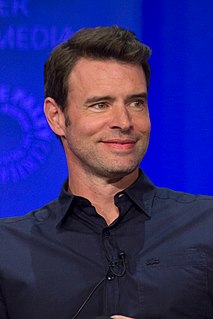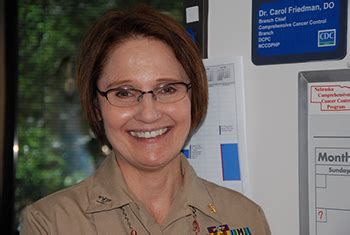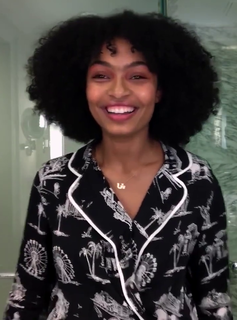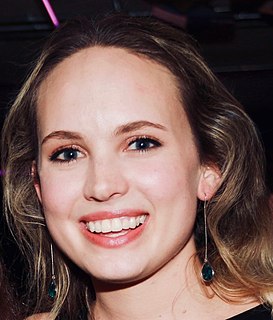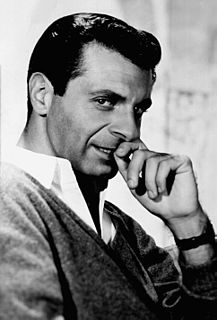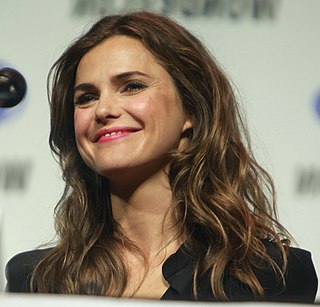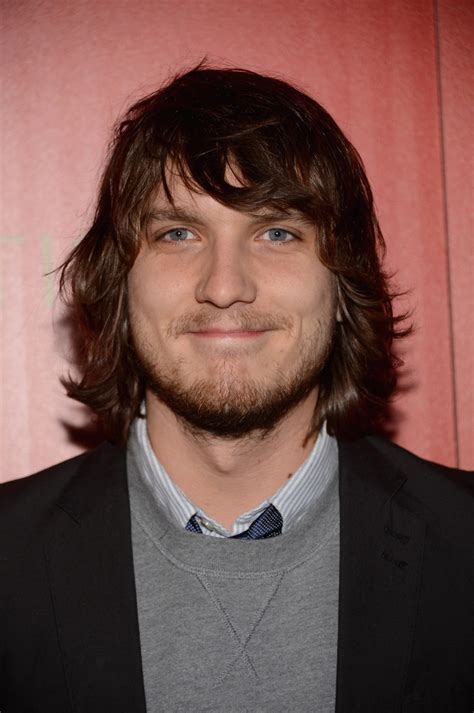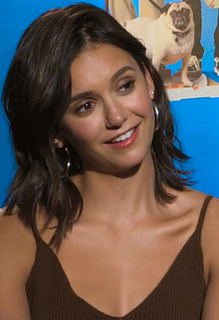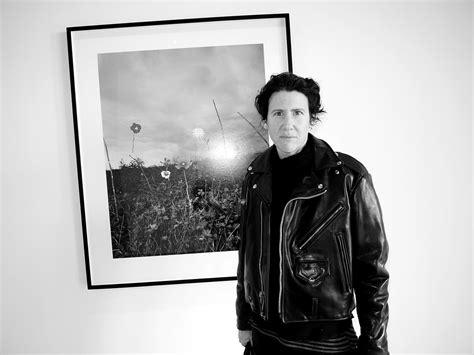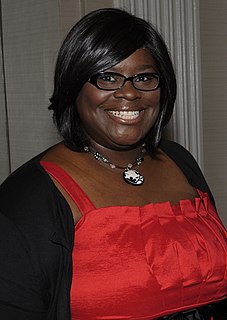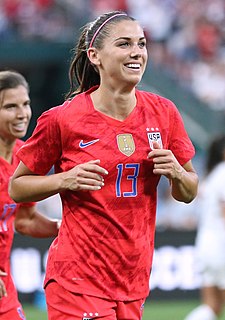A Quote by Scott Foley
Do I seem to play characters that in the end don't get the girl? Maybe. But you don't always get the girl or the guy, and there has to be someone to play that.
Related Quotes
I had started acting when I was 7, and I was always wrong. I would always get to the very end [of the audition], but I wasn't a perfect package of one thing. I wasn't a cliche, and it always worked against me. I wasn't pretty enough to play the popular girl, I wasn't mousy enough to be the mousy girl. Then there was a TV show that Toni Collette was starring in. And when a role to play a girl who was struggling with identity came, I thought: "Oh, this is what I was supposed to do. Everything's leading up to this moment." I was 18. I was like, "This is it." I didn't get it. And I was devastated.
For me it's about the character, not as much about the genre of it [movie]. I'm excited that I get to work and play interesting characters and I'm not just the girl who gets to play the girlfriend or the wife. I get to play real women who have struggles and troubles and passions and that's always what I hope to do no matter what format that lies in.
You're not insulting my character. Being a woman, especially in this business, it's so thrilling to get to do that. It's so rare, especially right now the way the film industry is. If you're a girl, the part you get to play these days...because there's so many less movies made...in a good movie, if there's a girl in it, there might be a handful of scenes, and your job is to be supportive to the guy who's messed up. Be the loving rock at home, or be the good mom, or be the attractive person.
Having a boy play a girl (and when I say 'play a girl' I don't mean that he is represented as a girl, because he is represented as a young man) is complicated. He knows he's looking at photographs of a girl and copying those poses. So the audience sees him as a man, but he can only see himself as a woman, because that's the model he's looking at. It was a really interesting exchange.
I do a bit called, 'You go, girl!' where I say, 'Don't tell me 'You go, girl!' I get it. I don't need you encourage me.' And nine times out of 10 after I finish the bit, some guy in the back will yell 'You go, girl!' I get a lot of that or 'I hear ya!' I don't generally - knock on fake wood - get mean heckling.
